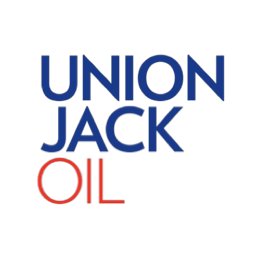On Monday, oil prices saw a significant rise, with Brent crude surpassing $80 per barrel for the first time since August. This surge, over 3%, was largely attributed to growing concerns about a potential regional conflict in the Middle East, which unsettled investors who had recently taken up bearish positions. Brent crude futures climbed by $2.88, closing at $80.93 per barrel, while U.S. West Texas Intermediate (WTI) futures also advanced, increasing by $2.76 to settle at $77.14 per barrel.
Both Brent and WTI experienced strong weekly gains the previous week, with Brent rising over 8% and WTI more than 9%. These increases, the most significant in over a year, followed Iran’s missile strike on Israel on 1 October. Investors feared that Israel’s response could potentially target Iranian oil infrastructure, raising the possibility of further disruptions to oil supply. In this scenario, prices could rise by an additional $3 to $5 per barrel, according to Andrew Lipow, president of Lipow Oil Associates.
On the same day, Iran-backed Hezbollah launched rockets into Haifa, Israel’s third-largest city. At the same time, Israel was reportedly preparing to intensify its military incursions into southern Lebanon. This escalation came on the first anniversary of the Gaza war, a conflict that has now spread across the region, heightening concerns about the impact on oil production. Analysts from Tudor, Pickering, Holt & Co expressed alarm over the situation, noting that the continued escalation of violence could jeopardise Iran’s daily oil production of 3.4 million barrels and cause further disruptions to regional supply.
The sharp increase in prices on Monday was largely driven by money managers closing bearish positions amid rising concerns over disruptions to oil supplies from the Middle East. However, UBS analyst Giovanni Staunovo warned that this fear-driven rally could reverse if Israel refrains from targeting Iranian oil infrastructure. Should this be the case, prices could drop by $5 to $7 per barrel, as estimated by both Kilduff and Lipow.
Brent Belote, founder of the hedge fund Cayler Capital, expressed that up until the previous week, he had anticipated oil prices testing the lower $60 range. He also pointed out that despite the current fears, demand for oil remains weak. Additionally, the Organization of Petroleum Exporting Countries (OPEC) has sufficient spare capacity to compensate for any shortfalls in Iranian exports. OPEC, along with its allies, including Russia, collectively known as OPEC+, are scheduled to increase production in December. This follows several years of production cuts intended to stabilise prices amid weak global demand. However, Lipow noted that for OPEC+ to raise supplies, Brent crude prices would likely need to be closer to $90 or higher.
Union Jack Oil plc (LON:UJO) is an oil and gas company with a focus on onshore production, development, exploration and investment opportunities within the United Kingdom and the United States of America hydrocarbon sector.

